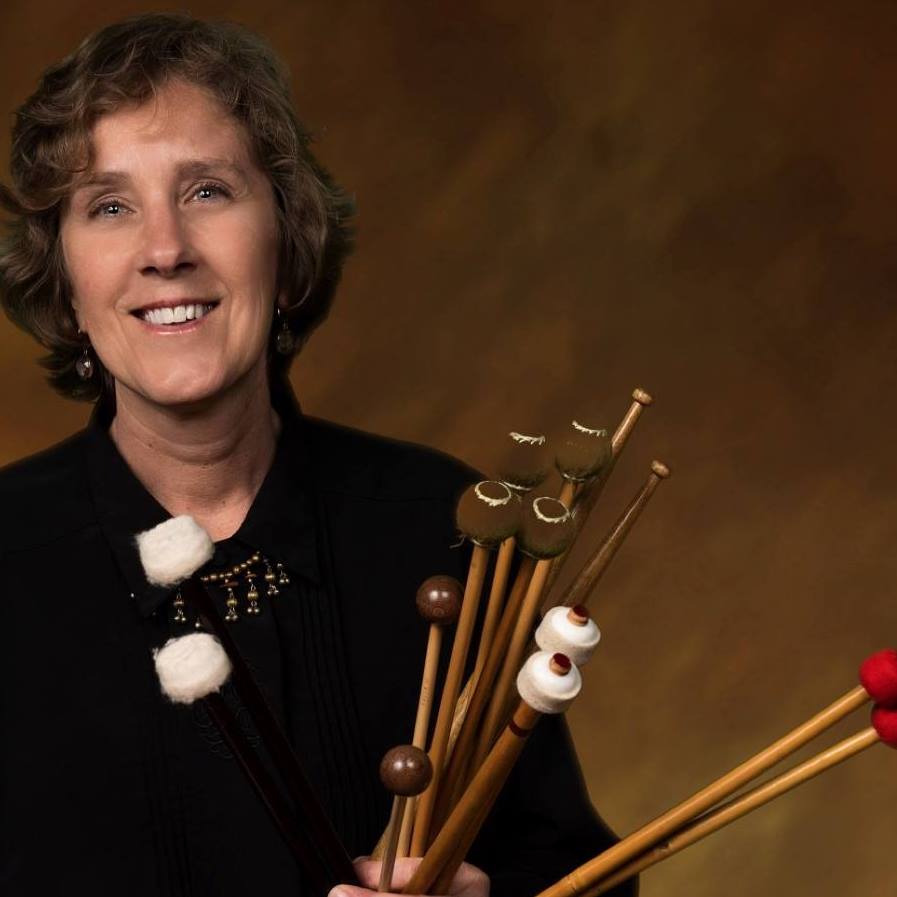

For those seeking to seek a future career in music, you need to prove that you have mastered your instrument in front of an audience and judges. To accomplish this, many musicians will have to perform a jury, where you play your primary instrument in front of a select host of judges to examine your musical prowess. However, juries can be very daunting for those that have never prepared for one before. Sue Reichling, a percussion instructor who instructs students with their juries Drury University, know all about preparing for juries, and while sitting down with The Scoop, she lists the five steps she takes to get her and her students prepared for the big jury.
Think Carefully About The Pieces You Will Prepare
Photo via Drew Tasset
Knowing the pieces you will perform and the order in which you perform them is key to a good jury performances. As Sue says, “It’s important to choose your repertoire carefully. You’ll want to show as much versatility as you can from piece to piece, and think about what order works well.” Sue also points out that the ability to choose the pieces gives you an advantage compared to an audition, where you don’t really have a choice, so make sure to think very carefully about this process.
2. Plan Your Practice Time
Photo via Drew Tasset
Once you figure out your repertoire, it’s time to start practicing! But not only do you have to practice correctly and constantly to better prepare yourself, but you also have to find the time to practice and figure out what pieces to work on for each day. “Practice notebooks are a great tool.” Sue says. “The practice notebook will help you pace your months of practicing/preparing. If memorization is a problem, mark down for each week (or every two weeks) how much you will have memorized. If speed is an issue, same thing. Set goals for metronome markings.“
She also notes how just because you are playing through an instrument doesn’t mean you are really practicing. Doing things like repeating sections in the repertoire that you struggle with until you get it right or making sure you are playing with the right dynamics will help you improve your performance instead of just playing through the piece one time over.
Do Things Differently
Photo via Drew Tasset
Once you get the basics down on your music, it would be a good time to mix things up and think about other ways to enhance your performance. “As you get more comfortable with the music, change things up!” says Sue. “In a solo, don’t always start at the beginning, or at the beginning of a phrase. Start in the middle! You can also mess with rhythms…play everything “swung” instead of straight, or play a scale once at a medium tempo and the twice as fast.”
For example, as a percussionist, Sue likes to experiment with different types of mallets and sticks in order to find the sound she thinks will sound the best. Try thinking about how maybe some changes to how you play your instrument can blow the judges away when you are ready to perform.
Get Prepared For Anything
Photo via Drew Tasset
As the performance grows closer, making sure everything is secure and in working condition is a great step to make sure nothing goes wrong during the performance. “As I get closer to any high stakes performance, I like to anticipate anything that might go wrong or distract me from the music.” Sue says. “Those are just good habits to get into with any performance. For juries, I also like to play in different lighting (shadows on a marimba keyboard can really mess with your brain) and in different positions (sometimes facing a wall, sometimes in a different room, etc.).”
For instance, Sue makes sure that her focus is on the music and not on any outside distractions. She does this by recording herself and even having friends come watch her perform and try to distract her while she is going through her music. The judges may be intimidating, so it is pretty beneficial to practice focus, and it is the perfect thing to do when the jury is fast approaching.
Get Out There And Perform
Photo via Drew Tasset
Hopefully, when the day of the jury comes along, you will be well prepared to go out on stage and masterfully perform your repertoire. Make sure that you don’t start becoming nervous at the last second and doubt your abilities. As Sue says, “This is not the time to second-guess anything you have or haven’t done to prepare. It is what it is. Go into the room with confidence, and with the idea that you will be performing the music the best that you are able.”